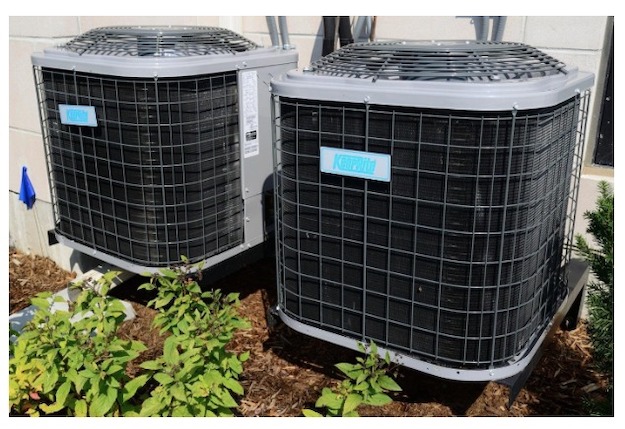With winter being in full swing, the HVAC system in your home needs to be functioning at its peak. To do this, it’s important that seasonal servicing be done to prevent any minor malfunctions from turning into major issues when the weather is at its worst. Predicting extreme weather is virtually impossible. But a reputable professional can predict a problem within your HVAC and stop an emergency.
Signs There Is An Issue With The HVAC System
The HVAC system will give indications when there is something amiss with the efficiency even if you have been regular with your preventative maintenance. Some red flags to watch out for include:
# Energy bills are higher than normal.
# Airflow coming from the system ducts that are inconsistent.
# Air filters not being replaced that are dirty or clogged.
# Great differences in the room temperatures.
Tips For Maintaining Your HVAC System
It’s wise to hire an HVAC professional to inspect and service your system each season to maintain the wiring and mechanics of the heating and air conditioning. These components of the system are more of a challenge for the homeowner to DIY as part of their home maintenance regimen. But there are simple steps you can take to ensure a longer life and greater efficiency for the unit.
Air filters: The HVAC system can’t function properly if the filters are dirty as they restrict the airflow. They need to be changed one time per month or once every three months. Ideally, your air filter should be checked every 30 days to make sure that it hasn’t become clogged and that it’s not dirty.
Vents/Registers. The return/supply vents and the registers scattered throughout the home need to be maintained cleanly and clearly. There should be nothing over the top of them such as furniture or rugs causing them to be blocked or closed off. In saying that, they should also be free of dust and debris. Thoroughly cleaning these regularly will keep particles from going into the HVAC system which would then be transported throughout your home.
Outdoor Unit. Inspect the unit outside to make sure that it is free of any type of obstacle. Remove the buildup that has accumulated in the form of overgrown plants, leaves, or grass so the airflow is not disrupted. The vegetation needs to be kept approximately two feet away on all sides from the unit to allow for proper operation. If there are any plants or trees that produce an excessive amount of pollen, this needs to be maintained as it can be a source for clogging a condenser. It’s important once every year to make sure that the unit is standing on ground that is level. If it’s not level you want to correct it to get it back into the proper position.
The condensing unit or heat pump offers a fan on the top with metal fins that have the misfortune of clogging up with various debris. These need to be sprayed with each season to get them clean using a water hose. Using a pressure washer will destroy the fins. The condensation drain line should be flushed out with bleach. This frees it of any particles, clogs, or debris.
Even though most of the HVAC maintenance can be performed by you as DIY throughout the year, your heating and cooling system is complex and can offer issues that you may not take note of until a time when there is a massive problem or the system breaks down completely. Some things need to be inspected and serviced including assessing the function of electric elements and ducts that only someone with experience can do.
For these reasons, it’s essential to have an HVAC professional come in to service the unit seasonally. This is especially true of systems that have age to them. Hiring a professional HVAC service will ultimately save you money and time from costly repairs and keep the system running optimally. It isn’t saying you won’t have occurrences where the unit will malfunction, but preventative maintenance will make those events rare.

